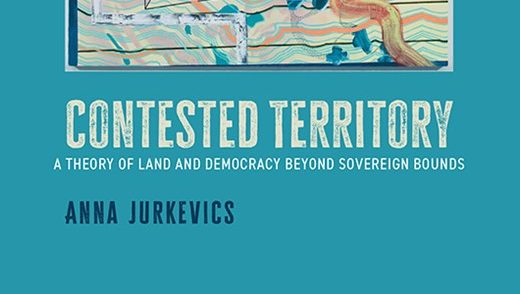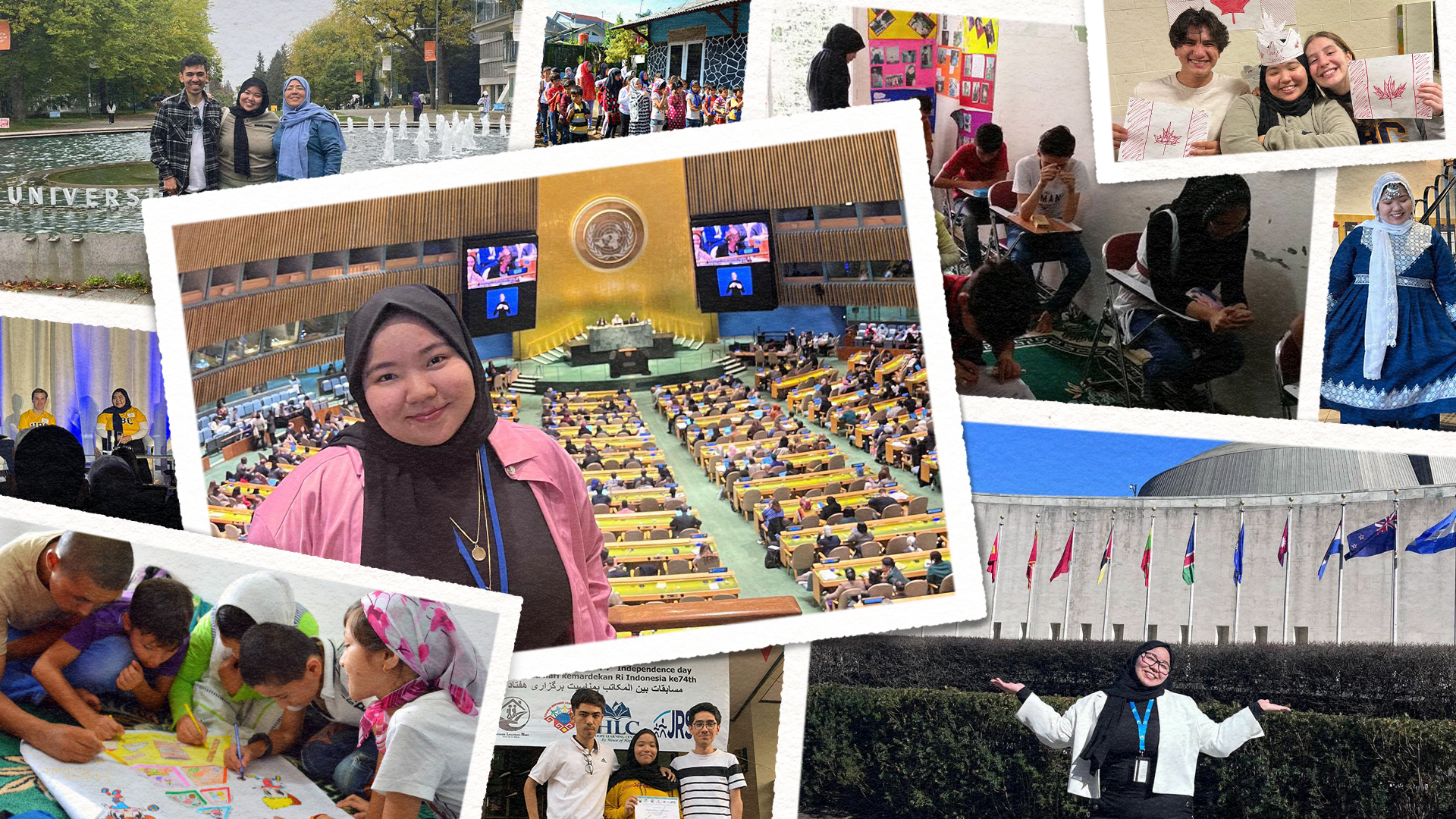Alexa Traboulay is a fourth-year Honours student in the political science program and law and society minor at UBC. Her research interests lie primarily in partisan polarization, migration, and online radicalization, with a particular focus on immigration attitudes in the United States. She is currently developing her thesis under the supervision of Dr. Matthew Wright to examine the ways in which partisanship mediates the relationship between participation in social media echo chambers and extreme attitudes towards immigration.
We spoke to Traboulay about her research project.
What was your project about? What are the main take-aways from your work?


Fourth-year Honours student Alexa Traboulay
The literature on the drivers of recent immigration attitudes in the United States has been disproportionately fixated on the direction of attitudes, that is, to the extent to which the represented views are negative or positive. Few studies have sought to determine the extremity of individual attitudes toward immigration. My thesis aims to address this gap by examining immigration attitude extremity in the United States as a function of both partisan affiliation and patterns in social media usage. Using survey data from the American National Election Study, I conducted a quantitative analysis involving a series of multiple regression models to test my hypotheses. When analyzed separately, I found that social media users in echo chambers and individuals who identify with the Republican party have more extreme attitudes towards immigration policy and more extreme feelings towards undocumented immigrants. However, findings from the interaction model revealed that Democrats in echo chambers are more likely to exhibit extreme views in terms of perceived immigration consequences and immigration policy than Republicans in echo chambers. Taken together, these findings not only highlight the nuances in partisan social media usage but may be of use to policymakers tasked with creating immigration policy based on public opinion.
How did you get interested in this project?
I developed a passion for studying migration after taking Professor Antje Ellermann’s course on the comparative politics of immigration in my third year. In particular, learning about the intersections between populism and public opinion sparked my interest in further exploring how extreme immigration attitudes are formed. I also became interested in studying the echo chamber effect on social media during the onset of the COVID-19 pandemic, when most people were receiving their news online. Within my own personal networks on social media, I began to notice individuals become increasingly vocal about politicized topics in ways that were conducive to an echo chamber. People appeared to be engaging only with news content that reinforced their pre-existing views, while simultaneously disregarding any dissenting opinions or attempts to fact-check their information. I realized that this phenomenon transcends the issue of misinformation and I figured studying it from the lens of political psychology would wield important insights.
What was the most difficult part of working on your thesis project? What was the most rewarding?
The most difficult part of this thesis project was balancing and incorporating the feedback and suggestions I received from my peers and supervisors in a way that made sense. Given the time constraints and page limit, I had to make a series of important decisions about what to include and where and was subsequently unable to accommodate every recommendation I received. This decision-making process was very time-consuming and was honestly more challenging than the writing itself. However, once all my methods were finalized and my data was cleaned, it was extremely rewarding to see the results (especially the statistically significant ones). I also enjoyed the process of visualizing these long-awaited results through the creation of graphs and tables.
What skills did you develop or strengthen as a result of this project?
This project taught me invaluable skills in statistical analysis that I believe will serve me well in academia and beyond. Prior to this project, I was unaware of what interaction effects were and how they should be interpreted in quantitative analysis. However, interaction effects have now become the focal point of my study, and I am more confident in my ability to explicate them. I was also able to develop my public speaking abilities by routinely presenting my thesis progress throughout the year.
What was your experience working with peers and Political Science faculty on this project?
My experience working with peers and the Political Science faculty on this project was highly rewarding. The sense of community among the Honours cohort is unparalleled, and it provided me with the moral support I needed to get through the challenges that arose when working on my thesis. Despite the fact that my peers were also busy working on their own research projects, they graciously took the time to give me feedback on my work, and for that, I am extremely grateful. This thesis also would not have been possible without the guidance of Ph.D. candidate Isabel Chew and my two co-supervisors Dr. Gyung-Ho Jeong and Dr. Matthew Wright, who have supported me throughout the entire process.


